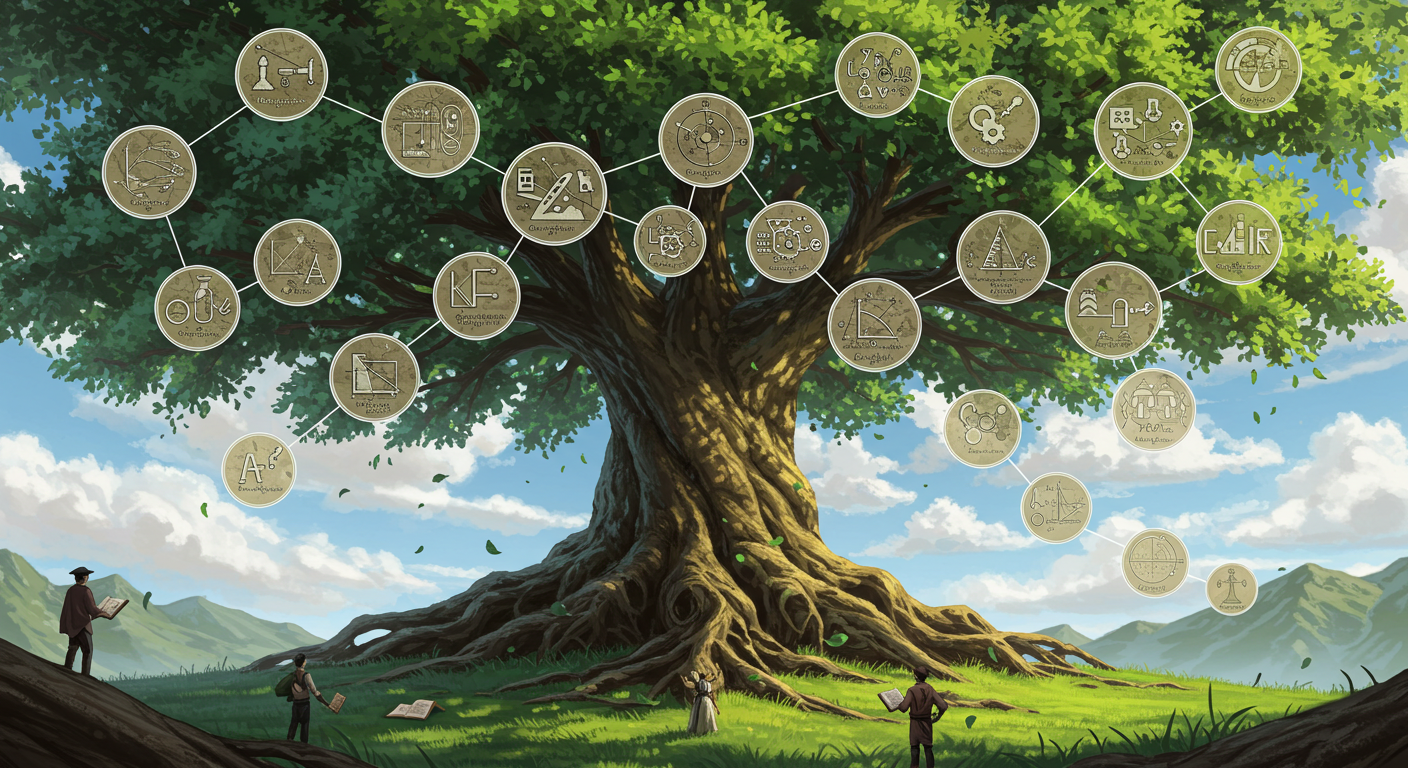In English, the verb ‘make’ has a variety of meanings depending on the context in which it is used. One of the meanings is ‘to cause something to happen or to create something.’ In the sentence ‘It will contain a list of transactions made in the previous month,’ the verb ‘made’ refers to actions that were done or performed in the past, indicating the transactions were carried out or executed.
Meaning of ‘Make’ in the Context of Transactions
In the sentence you provided, ‘made’ is the past participle of the verb ‘make.’ When we say ‘transactions made in the previous month,’ we are talking about transactions that were completed or performed during that time period. The verb ‘make’ here is not referring to creating something physically, but rather to conducting or carrying out an action (in this case, a transaction).
Why ‘Make’ Doesn’t Mean ‘Create’ Here
The confusion comes from the multiple meanings of the word ‘make.’ While ‘make’ can indeed mean ‘create’ or ‘construct’ (for example, ‘I made a cake’), in this context, it means ‘perform’ or ‘carry out’ an action. In English, certain verbs have multiple meanings depending on their usage. For example, we often say ‘make a decision’ or ‘make a choice,’ where ‘make’ implies taking action or performing an activity.
Examples of ‘Make’ Used in Similar Contexts
Here are some examples where ‘make’ is used to describe performing actions, which is a common usage in business or transactional contexts:
- ‘The company made a significant profit last quarter.’
- ‘She made a purchase yesterday.’
- ‘They made an agreement to collaborate on the project.’
In each of these cases, ‘make’ refers to actions that were carried out or completed, not to the act of creating something physical.
Difference Between ‘Make’ and ‘Do’ in English
Sometimes, learners of English can get confused between ‘make’ and ‘do.’ Both verbs refer to actions, but they are used in different contexts. ‘Make’ often refers to creating, constructing, or bringing something into existence, while ‘do’ refers to performing tasks or activities. For example:
- ‘I made a cake’ (creating something).
- ‘I did the dishes’ (performing a task).
In your sentence, ‘made’ is used because it refers to the completion of a transaction, an action that was performed, not something that was physically created.
Summary
In conclusion, the verb ‘make’ in the sentence ‘It will contain a list of transactions made in the previous month’ refers to actions that were performed or executed. While ‘make’ can mean ‘create,’ in this context it means ‘to carry out’ or ‘perform.’ Understanding the different meanings of ‘make’ in various contexts is crucial for mastering English, as the same verb can have different nuances depending on the situation.



コメント